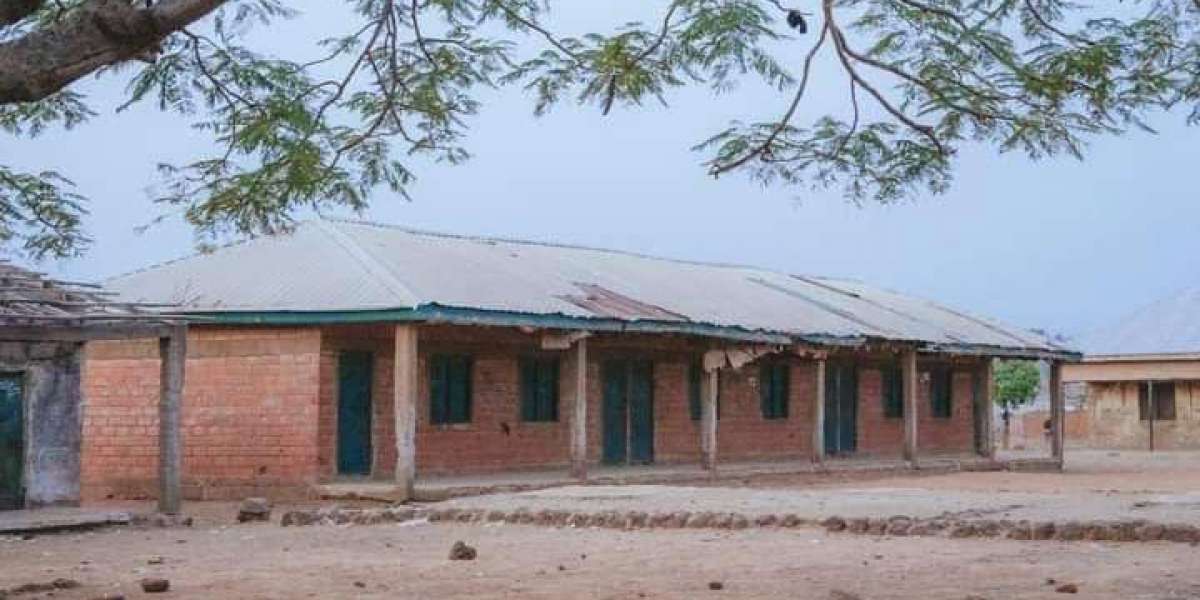In a series of devastating mass abductions this week, more than 680 individuals have been taken by armed groups in Nigeria, raising alarming questions about the government's ability to protect its citizens. Amnesty International reports that at least 400 internally displaced persons were abducted in Borno state, primarily women and children, followed by the kidnapping of 287 students and teachers in Kuriga, Kaduna state.
The incidents, which highlight a disturbing trend of insecurity, occurred when suspected Boko Haram militants stormed camps in Gamboru Ngala, Borno, on March 3, while gunmen targeted a school in Kaduna state the following day. Witnesses described the attackers arriving on motorcycles and overwhelming both students and staff before fleeing into the bush.
Isa Sanusi, Director of Amnesty International Nigeria, criticized President Bola Tinubu’s administration for lacking an effective strategy to combat the increasing violence perpetrated by armed groups. Sanusi stated, “The latest mass abductions clearly show President Tinubu and his government have no effective plan for ending years of atrocities... whatever security measures being implemented are clearly not working.”
Despite the government's promise to secure the nation, the frequency of kidnappings suggests otherwise. The failure to protect vulnerable populations has contributed to a climate of fear, discouraging educational attendance and undermining the right to safe environments for children. In light of this, Amnesty International has called for an urgent investigation into the abductions, demanding that authorities hold accountable those in command positions responsible for security in affected areas.
Historical context adds to the urgency; since the notorious Chibok abduction in 2014, there have been multiple mass abductions, with little justice for victims or accountability for perpetrators.
Amnesty International urges the Nigerian government to adhere to the African Charter on the Rights and Welfare of the Child, ensuring the right to protection and education for children. Immediate and concrete actions are required to prevent the normalization of abductions and restore public confidence in the authorities’ capacity to safeguard lives.
As the nation grapples with these harrowing developments, it is critical that Nigerian authorities act decisively to ensure the safe return of those abducted and implement effective security measures to protect vulnerable communities from future attacks.








